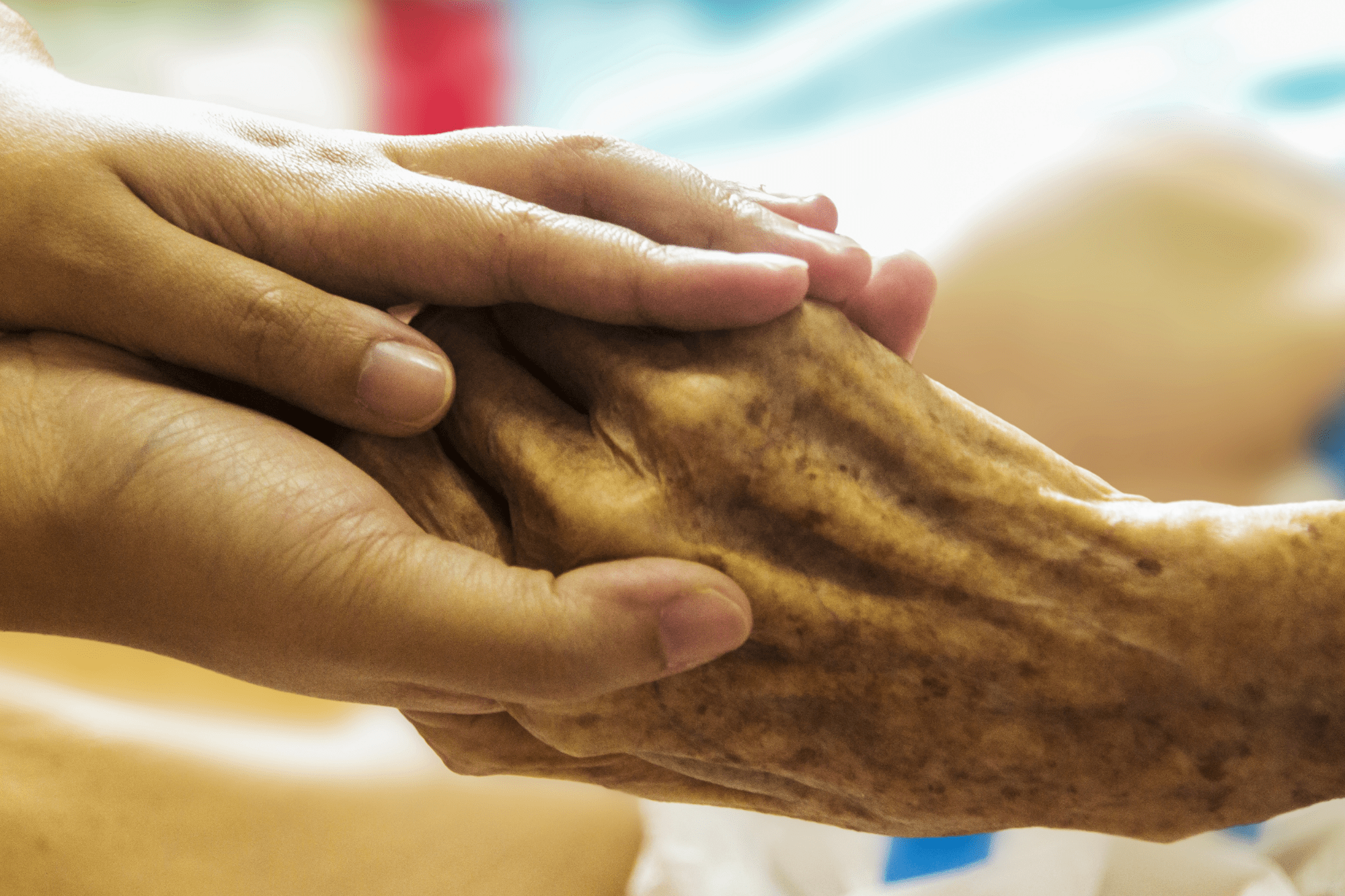
Palliative Care - Bethune Avenue Pharmacy, Hull
Palliative care (also known as end of life care) is how we take care of patients in the last months or years of their life. For situations where end of life cannot be prevented, we do all we can to ensure patients are comfortable in the time they have left.
When to begin palliative care
End of life care begins whenever the patient is ready for it. There is no set time period – it is not always possible to predict when a patient is near death, but there are certain signs we take into account when operating the service.
Palliative care is open to patients who:
- are close to imminent death
- have an advanced incurable illness (e.g. cancer, dementia, motor neurone disease, etc.)
- are generally frail and have co-existing conditions that mean they are near death
- are at risk of dying from a sudden crisis in their condition
- have a life-threatening acute condition caused by a sudden catastrophic event (e.g. an accident or stroke)
Ensuring a patient has dignity and comfort at the end of your life involves various responsibilities and procedures. We consider it essential for us to recognise when palliative care is necessary, and to communicate personally and respectfully to all patients in order to ascertain what type of care they need and want. Palliative care must be tailored to each patient individually, as each person and situation is different.
Medication
One of the main elements of palliative care is ensuring that patients receive the right course of medication to cope with their condition.
We can provide a range of medication to assist with a patient’s end of life, including for managing:
- Pain
- Breathlessness
- Nausea and vomiting
- Anxiety, delirium and agitation
- Noisy respiratory secretions
As well as deciding on the medication, discussions will be had regarding how it should be taken, and all decisions should be regularly assessed to ensure they are still suitable for the patient’s condition.
Maintaining hydration
Hydration is an extremely important factor in the life of someone experiencing palliative care. If they are unable to hydrate themselves, we consider several options to assist them with consistently maintaining their hydration levels.
Some patients will only require a minor amount of assistance with their hydration. In this case, those closest to them will be advised on how to effectively hydrate them without external assistance – for example, physically assisting them with hydration and maintaining their mouth care to ensure it does not become excessively dry.
In more extreme cases, clinically assisted hydration may be required. This involves administering fluids to the patient via an intravenous drip, a nasogastric tube, subcutaneously or via gastronomy. This process carries risks and benefits that must be considered by both healthcare staff and the patient. For example, clinically assisted hydration can relieve distressing symptoms of hydration, but may carry unwanted side effects.
Communication
Above all, communication is our number one priority when dealing with palliative care. Patients must feel completely comfortable, respected, and heard throughout the entire process. Staff work attentively with the patient to ensure they are satisfied with every decision made, and have complete autonomy to reject anything they are unhappy about.
If you wish to learn more about this service, please call us or visit us in-store.
All Services
Opening Hours
| Monday – Friday | 9.00 – 18.00 |
| Saturday | 9.00 – 12.30 |
| Sunday | Closed |
| Holidays | Closed |
Quick Contact
- Address 75 Bethune Avenue, Hull, HU4 7EH
- Email bethunepharmacy@imaanhealthcare.com
- Phone 01482 648851


